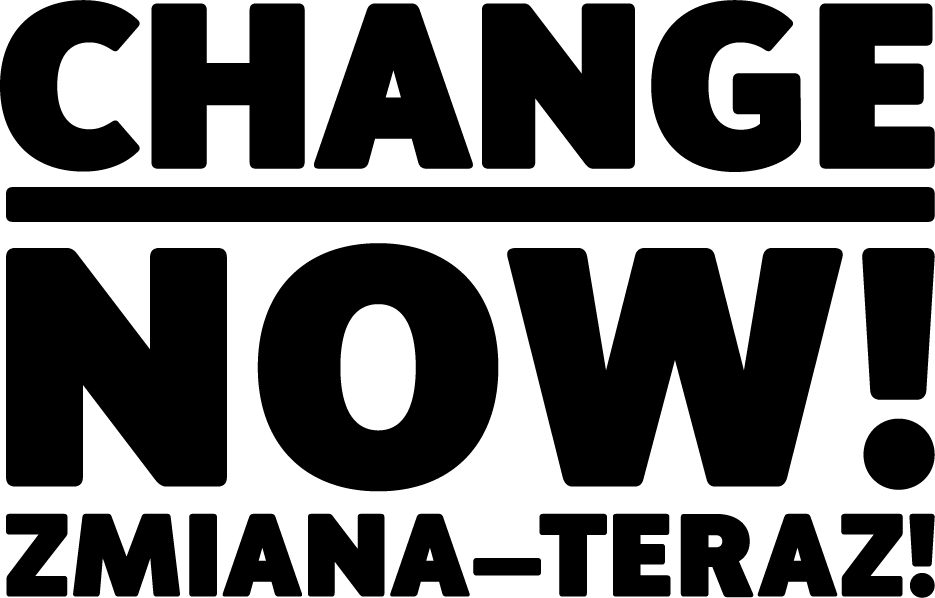Innovations
We wat to develop innovations in education and theatre practices, based on democratic, subjective and team principles, responding to dynamic social transformations and changing working conditions in culture, including those, which will arise due to the pandemic. The assumptions result from the belief that the overlapping crises of the ecosystem, economy, democratic leadership, public sphere, social trust and solidarity, which affect the entire European community with varying intensity, pose specific challenges to culture. Its response must not only consist in minimizing losses, but should constitute a constructive vision of building a new, open and democratic community and regeneration of the public sphere.
Innovations will be developed in four areas:
1. A new model of education for new theatrical production processes, largely based on project work and intensive cooperation of various institutions on its behalf. It is an element of the process of departing from the rigid, hierarchical model of work towards empowerment and emancipation of the team, which has been visible for several years now; creating artistic collectives that cooperate with institutions on a partnership basis. In order to avoid the well known dangers of “designing” work in culture, a significant increase in socio-economic awareness is needed, allowing for a departure from the current neoliberal logic that also organizes the area of culture. The new method of education will support artists interested in socially engaged projects characterized by a high transformational potential, and at the same time bolster openness to artistic exploration in the interdisciplinary field of performing arts. The project assumes, among others, making theatrical productions in international teams of artists, lecturers and students of partner universities, in cooperation with renowned Warsaw theatres. These productions will embody the transformational assumptions and innovations developed within the project.
2. A constructive feedback methodology will be developed. Teachers will be trained in the methodology of feedback understood as a didactic instrument that strengthens the autonomy of young artists and allows them to focus on conscious self-development. Feedback in this sense is also a communication tool that develops basic social competences based on respect and affirmation of diversity, the deficits of which are strongly felt in the institutional and hierarchical space of art.
3. Mechanisms of strengthening diversity in education and theatre practice and opening to disadvantaged social groups will be developed and implemented. Theatre, especially institutional repertoire theatre, has a lot to do in this regard, as the theatre tradition based on the corpus of canonical dramas fosters discrimination and closes stage career for people who do not conform to the dominant norms. This applies to people with an appearance associated with an ethnic type different from the one dominating in a given country, as well as the issues of language (accent), gender identity or disability. The new model of education requires development of a strategy to counteract these often invisible mechanisms. These include “colour and gender blind casting” procedures, as well as specific solutions for the real accessibility of universities to people from disadvantaged backgrounds.
4. Safety of students is fundamental, and schools should be free from harassment, abuse of power and all forms of discrimination.
This is a particularly complex challenge in theatre academies, where education involves working with the body and emotions; the boundaries require skilful definition and are space for negotiation related to artistic exploration. International cooperation in this area will allow discussing the changes that the MeToo movement has brought to the theatre and education space. It is important to critically analyse the existing procedures implemented as part of university anti-discrimination and anti-violence policies, and to work on their development, as well as to undertake long-term actions to change mentality and social practices.
